Why Diversity, Mobility Are Key in Difficult Times
Arcadia Management Group's Gary Shaw talks about the global health crisis' effects and sheds light on the do's and don'ts property managers should keep in mind going forward.
Since the beginning of the coronavirus outbreak, property managers have been faced with unfamiliar challenges, and their role in minimizing the pandemic’s impact has become essential. The willingness to adapt and to embrace new strategies is key to successfully overcoming the COVID-19-induced obstacles, according to Gary Shaw, president of Arcadia Management Group.
The company’s portfolio comprises more than 42 million square feet of commercial space across the U.S. In an interview with Commercial Property Executive, Shaw explains what it means to be a property manager during these unprecedented times and provides advice on favorably navigating the crisis.
READ ALSO: How Commercial Property Management Software Can Boost Your Business
To what extent has the coronavirus outbreak affected your operations?
Shaw: We’ve made significant investments in our technology over the past several years. We now utilize a suite of cloud-based Yardi and Microsoft products for all facets of our day-to-day administrative functions. So when the coronavirus outbreak hit, our team was already well-trained and comfortable conducting our daily operations virtually. A scenario like this is never welcome, but we were grateful that we could quickly redeploy our homes and operate without disruption to our clients or our tenants.
In terms of the physical space that we manage, there has definitely been a pause from some tenants who were planning to take occupancy. Many tenants still have a wait-and-see mentality, but the overall outlook is optimistic. The depth and breadth of that pause depends a lot on the type and location of the asset.
Of course, regardless of whether a property is occupied or not, our responsibility to maintain those spaces continues, so we still have property managers and maintenance teams on site. In many cases, those teams are busier than before. They are an essential function that allows us to stay on top of the guidelines from the Centers for Disease Control and operate and maintain properties safely.
How do these impacts vary across markets and asset types?
Shaw: From our experience, the impact of the pandemic on real estate depends on a few things: the type of asset in question, local regulations in place and the proliferation of the virus in that asset’s geographic market. Where cases or municipal restrictions are low, we’ve seen higher occupancy rates and foot traffic. Where cases or restrictions are high, the opposite is true. If I had to categorize broadly, I would say that the industrial sector has been impacted the least, office has been affected the most and retail falls somewhere in between.
Being well-diversified keeps our overall portfolio holding steady. Since the virus hit the U.S. earlier this year, our collections have been steadily increasing across all our asset types: office, industrial and retail. By July, we had collected over 80 percent of rents and we have not seen a significant increase in defaults, both of which are encouraging signs.
READ ALSO: Industrial Real Estate’s Slow, Steady Steps Toward Electrification
Tell us about one great challenge you’ve faced during these unprecedented times. How did you overcome it?
Shaw: I think most of our staff would say they miss the regular interaction with their coworkers in the hallway, in the lunchroom, and at happy hours and company events. It is especially challenging when we are onboarding new talent because we want to make them feel at home and that is so much harder to do in this environment. But like everyone else these days, we are thinking outside of the box. We’ve embraced video conference technology and we hold fun team-building events like this month’s all-company virtual talent show. We have also leaned on the Yardi Aspire learning management system to help with onboarding, training and career development so that employees can continue to learn and grow while we navigate these unique times.
What potential longer-term effects of the coronavirus outbreak are you considering, and how are you adapting your property management strategy?
Shaw: If you think about what our job really is, you quickly realize that property management is always full of surprises, that there is no “normal.” You can’t know when a fire will happen, a roof will collapse, or a tenant will vacate unexpectedly. The coronavirus is the latest challenge and our success lies in our willingness to adapt to the situation and embrace new strategies, all while keeping a positive attitude.
I think this pandemic has challenged property management teams to quickly come up with creative solutions for clients and tenants, and I think that is a lesson we will carry with us for the long term. I hope that coming out of this pandemic we will all be a little less afraid to try new things and present new ideas in order to grow. The second we stop thinking like this, is the second I’ll want to retire.
What type of technologies are popular with property managers today?
Shaw: We’ve always been tech-focused on the tools that help us best manage, monitor, improve and report on the health of our properties. COVID-19 has made us particularly reliant on mobility through smartphones, iPads and laptops. Mobility, particularly in the current environment, is the key to functioning as a property manager.

Is there anything new you have implemented to tackle the effects of the pandemic?
Shaw: We have been utilizing Yardi for many years for all property management-related aspects of our business. When COVID-19 hit, we quickly rolled out Microsoft Teams to the entire company so that we could conduct all meetings and new-hire interviews remotely. We also use the Internet of Things technology in some of our properties to remotely monitor things like lighting, foot traffic and energy use.
The U.S. property management industry has been slow to embrace electronic payments. This shift toward the virtual may be the catalyst that gets companies across the nation on board with this process, showing them firsthand the ease of electronic payments versus the traditional method of collecting a check, taking it to the bank and so on.
I also expect a greater focus on the technologies that keep our buildings healthy through air filtration systems, ultraviolet cleaning processes and temperature screening equipment. Many of these advanced technologies have been out there for quite some time. The challenge will be finding ways to make those technologies cost-effective so that they pencil within a building’s operating budget.
READ ALSO: Top US Managers, Owners Share Reopening Strategies
What are some of the do’s and don’ts property managers should keep in mind while dealing with the health crisis?
Shaw: As property managers, we are authorities on managing buildings, not negating a virus. First and foremost, I would say do defer to the health experts on important issues like cleaning, sanitizing and returning to work safely. That way, we can responsibly direct our tenants and owners based on direction from the authorities on the subject.
Another one of my do’s is do take it to the cloud. Take the time and have the patience to implement new technologies, and then use the data you collect to make sound decisions. This is our future as an industry. Also, do have compassion for your owners and tenants. These are tough times and they are grappling with tough decisions.
My only don’t is don’t work yourself to the bone. Properties are living, breathing entities that can put on the pressure 24/7.
How will the COVID-19 crisis alter property management strategies in the long term?
Shaw: I think that everything we’ve learned and embraced during this pandemic that works will make us better moving forward. Communication strategies and flexible schedules, remote property monitoring and online payments are all part of this. I hope that those who have embraced these strategies and technologies won’t turn back. I don’t think there is turning back. This is an evolution that has proven some very critical benefits.
How do you see the future of commercial real estate in the Southwest, where you mainly operate?
Shaw: We operate in many markets across the U.S., but the Southwest is where we began and where we remained focused on growth—areas like Phoenix, Texas, Utah and Las Vegas. Each of these markets has a highly educated workforce, a low cost of doing business, lots of land for development and lots of population growth from those moving away from highly dense populations. COVID-19 is only accelerating that shift. We expect that the Southwest will pop out of this recession faster than many others in the U.S.

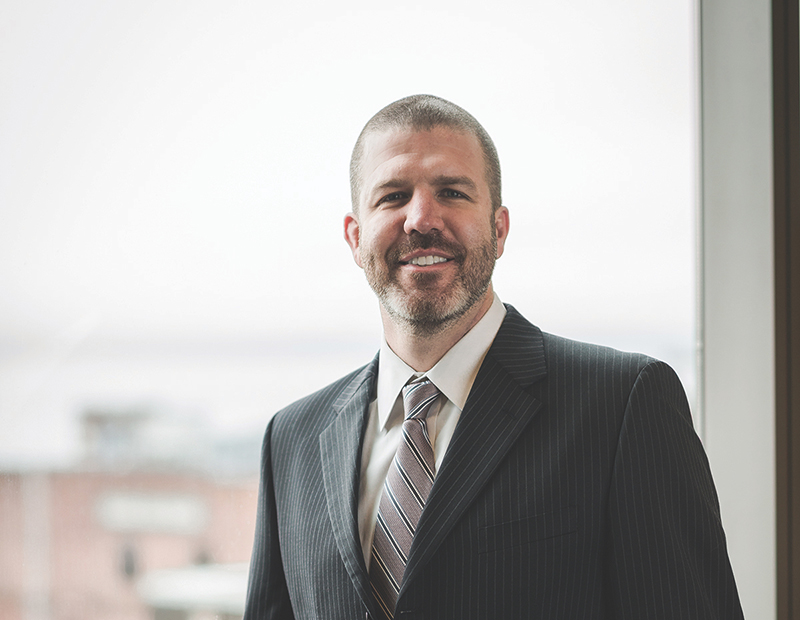


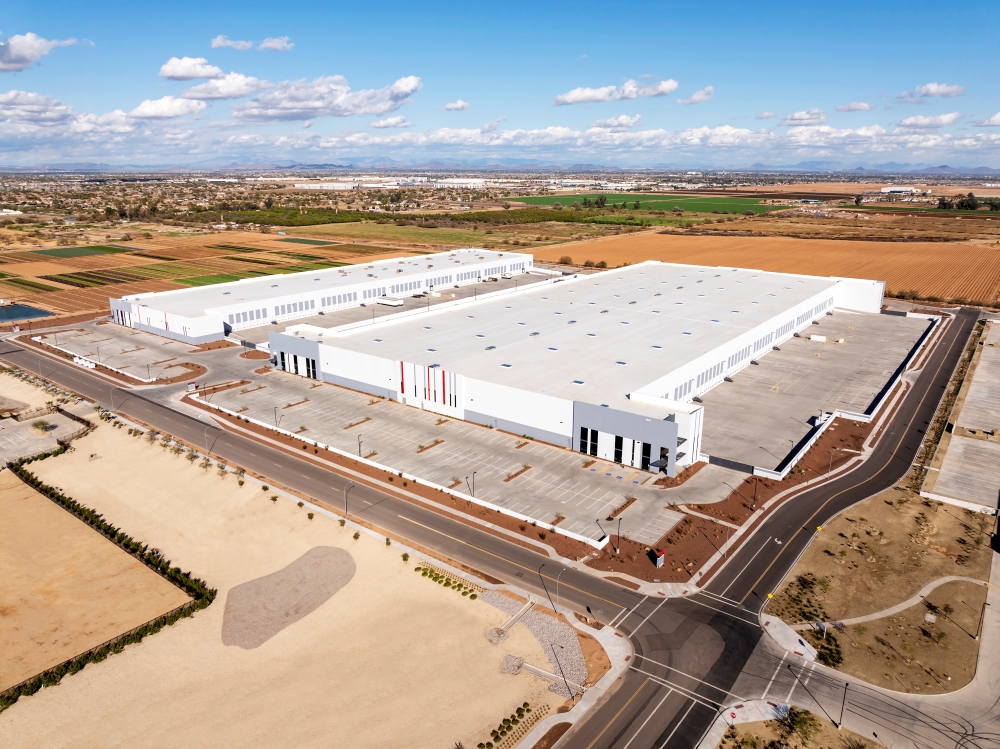
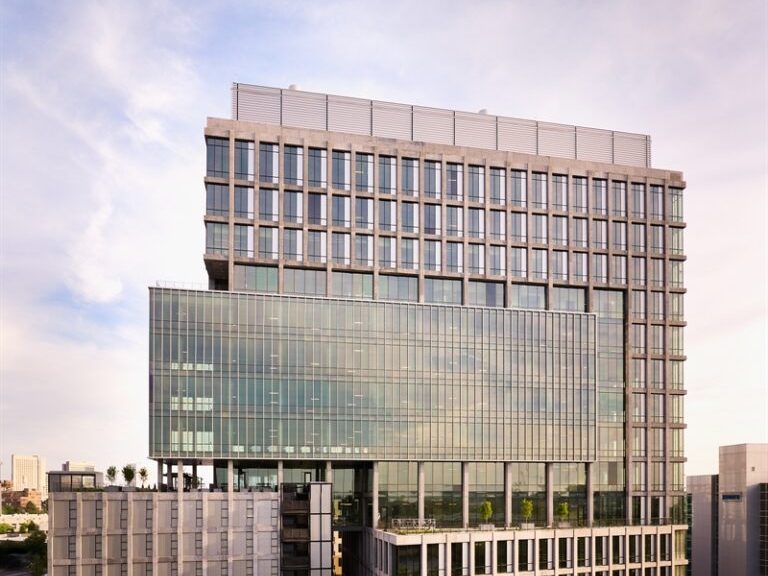
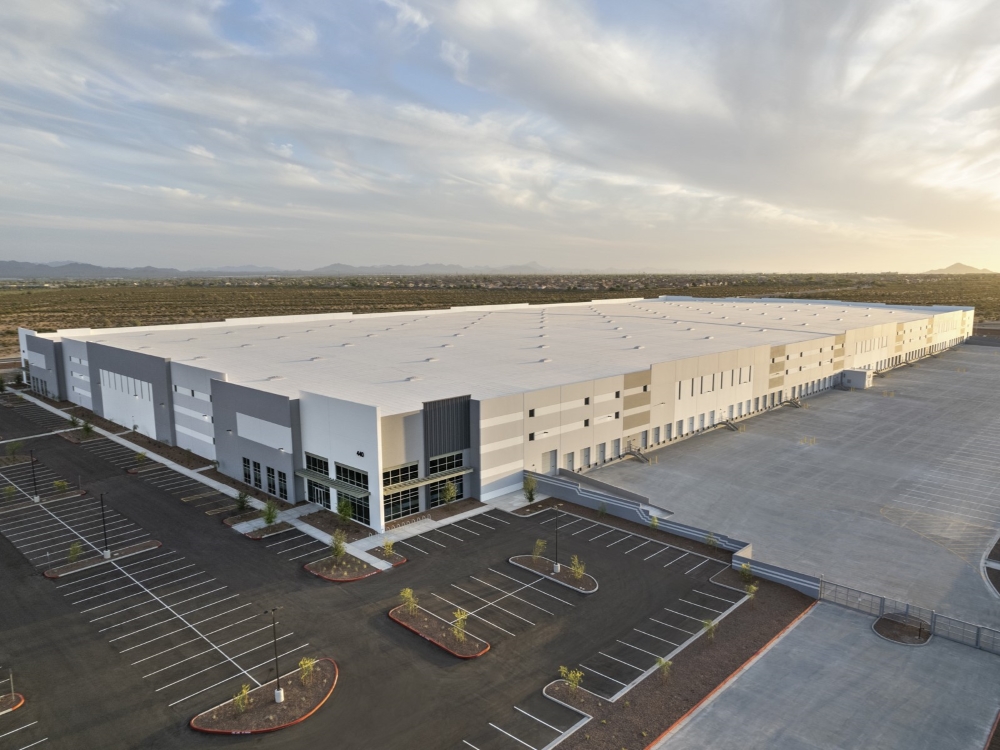
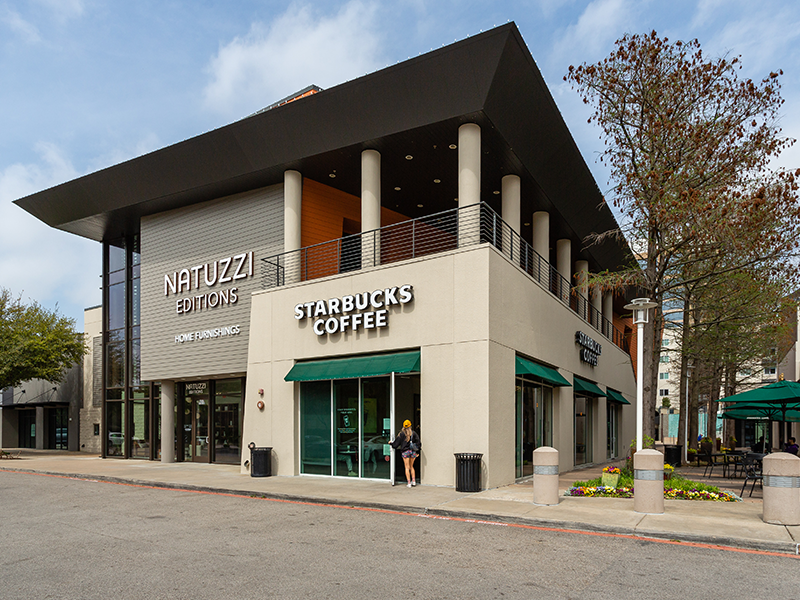
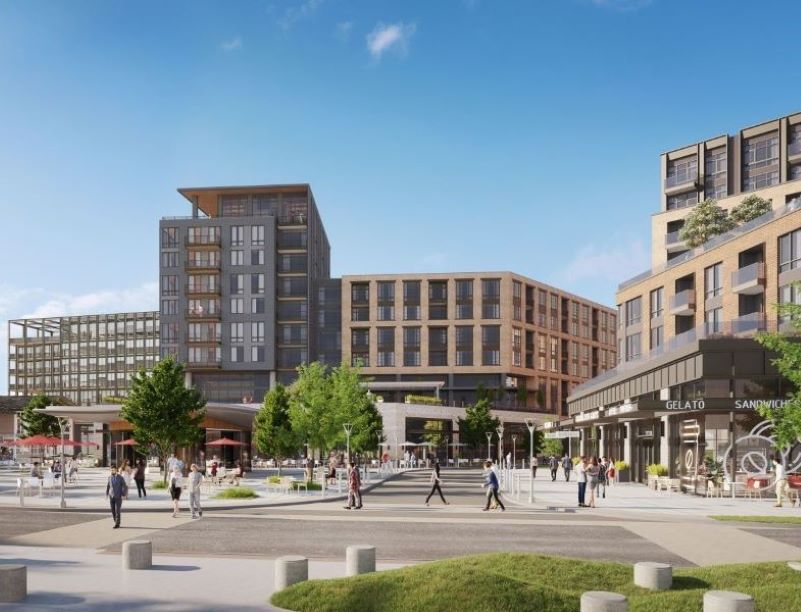
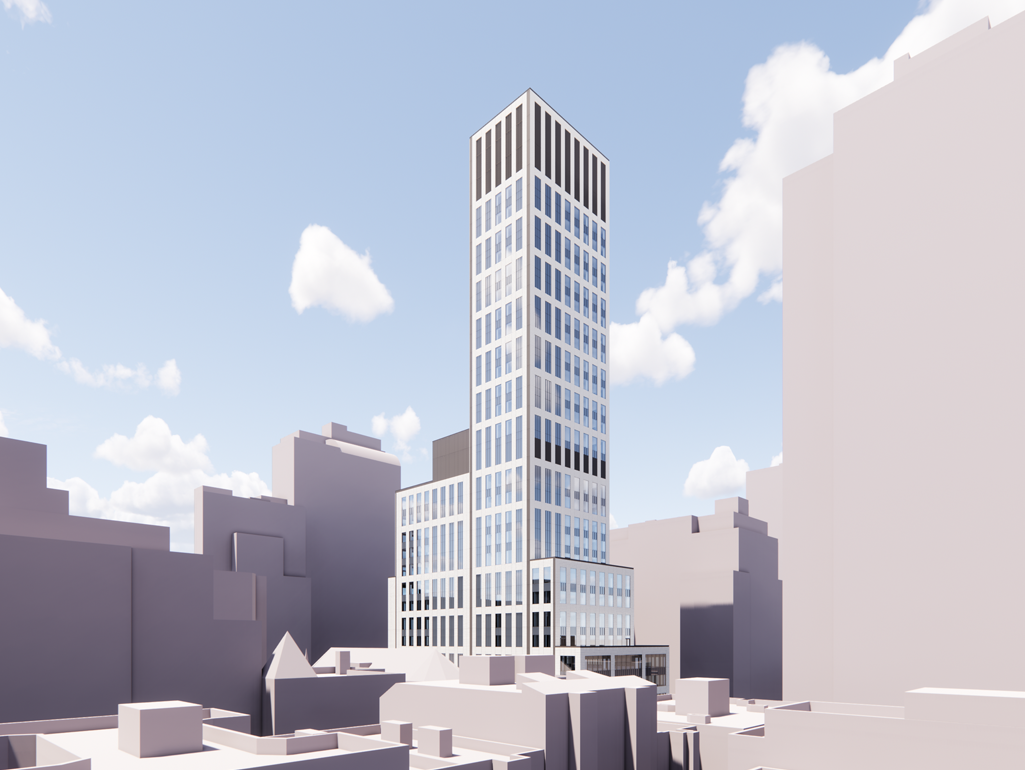
You must be logged in to post a comment.